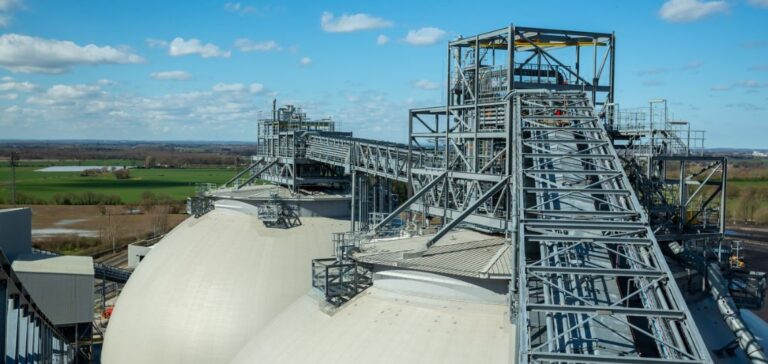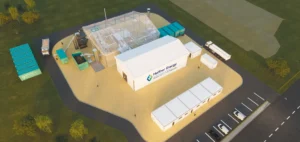Drax, a well-known British energy company, has now been identified as the UK’s biggest CO2 emitter, according to a recent study by think tank Ember.
The analysis states that Drax alone accounts for 3% of the country’s carbon dioxide emissions, a figure that far exceeds the combined emissions of the UK’s four other most polluting power stations.
These revelations come as Drax benefits from almost half a billion pounds in public subsidies to produce supposedly green electricity from biomass.
Ember’s report questions the relevance of these subsidies, pointing out that burning mainly imported wood to generate electricity could run counter to the UK’s carbon neutrality targets.
Ember also criticizes the impact of this practice on the country’s energy independence, arguing that domestic solutions such as solar and wind power should be favored to ensure genuine long-term energy security.
Biomass takes center stage
Drax’s use of biomass, although defended by the company as a solution aligned with carbon neutrality objectives, is hotly contested.
Drax argues that the CO2 emitted when wood is burned is offset by the CO2 absorbed by trees as they grow.
This approach is based on a carbon accounting methodology that is widely accepted and internationally recognized, including by the Intergovernmental Panel on Climate Change (IPCC).
However, the IPCC’s “Climate Change 2022” report provides crucial nuances to this position.
It emphasizes that the environmental impact of biomass depends strongly on a variety of factors, including the conditions under which wood is produced and the conversion technologies used.
These nuances are essential in a context where the sustainability of energy practices is coming under increasing scrutiny from regulators and civil society alike.
Consequences and reactions
Ember’s revelations had immediate repercussions, both politically and in civil society.
A BBC investigation, broadcast earlier this year, had already accused Drax of sourcing wood from rare forests in Canada, which the company denies, claiming that all wood chips used in its power plant are harvested sustainably and legally.
In the face of this criticism, Drax has announced its intention to implement post-combustion carbon capture technology to mitigate its carbon footprint.
The controversy has also led to tensions on the ground.
Last week, North Yorkshire Police arrested 22 environmental protesters who were planning to set up a climate camp around Drax’s Selby power station, with the aim of disrupting the site’s operations.
The arrests reflect the growing polarization surrounding the use of biomass in the UK’s energy transition.
The debate around Drax highlights the complex challenges of the energy transition, where public subsidies need to be aligned with truly sustainable practices to avoid compromising the country’s decarbonization targets.






















